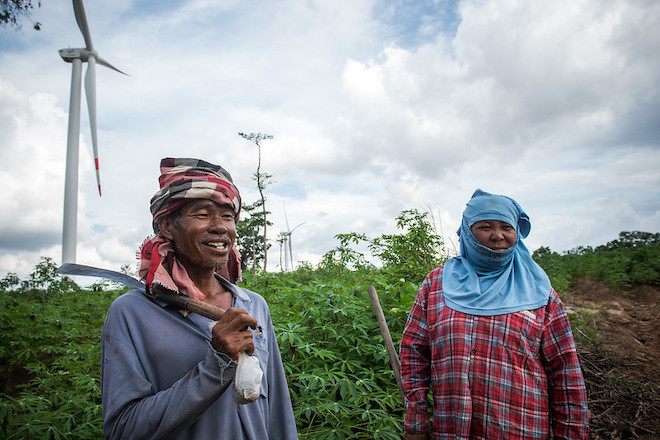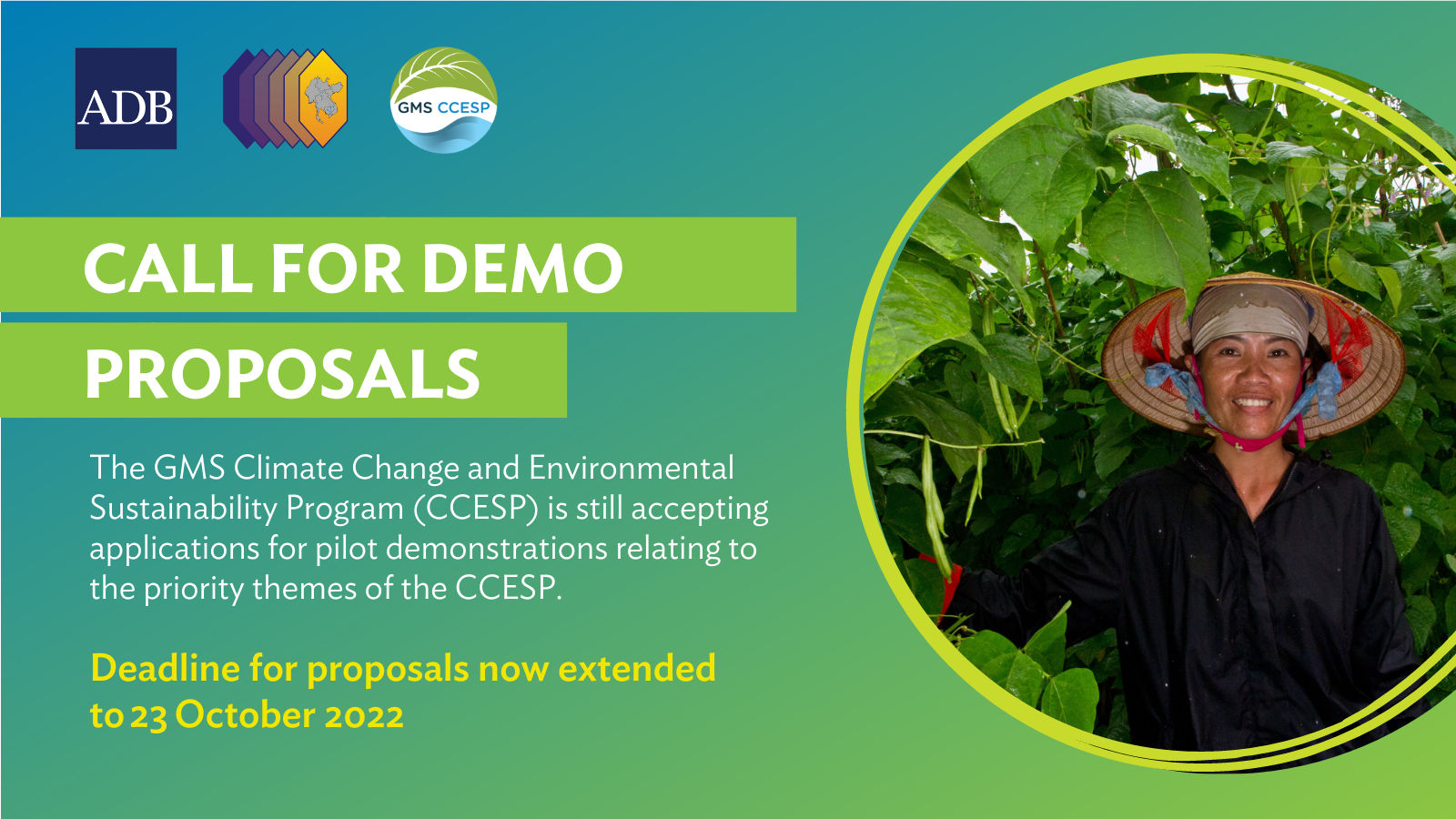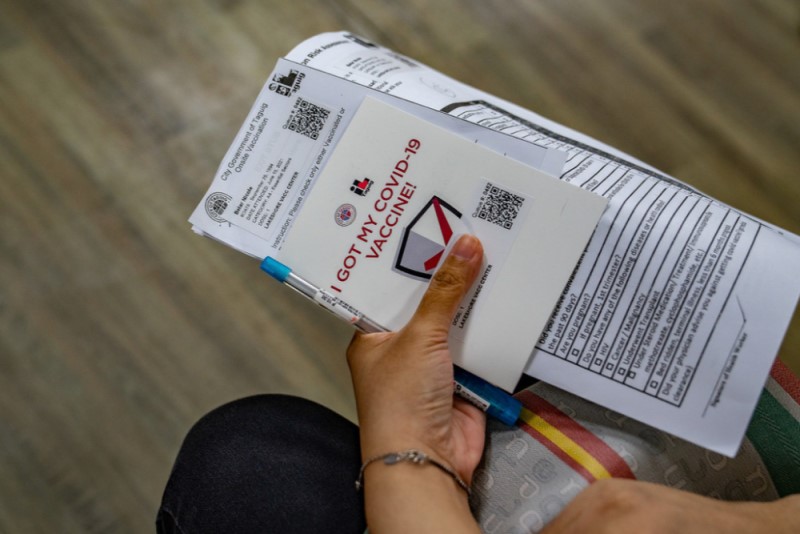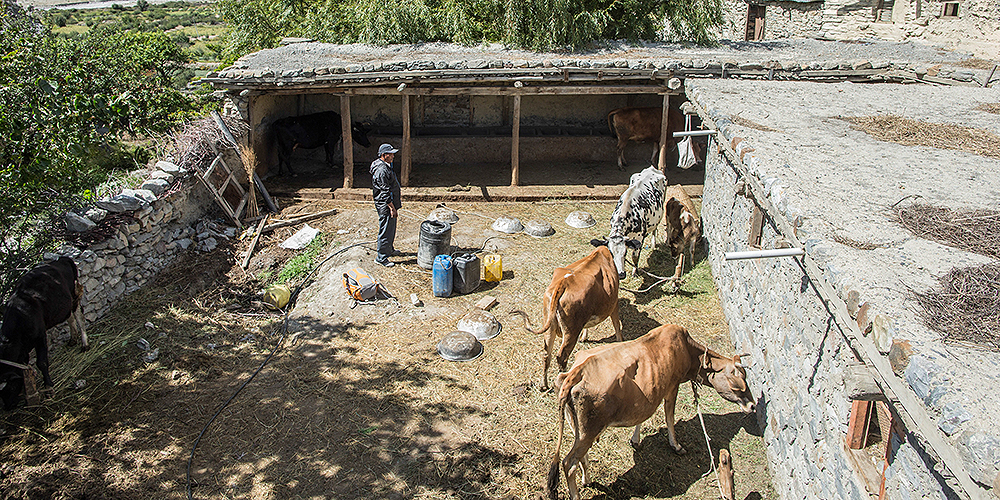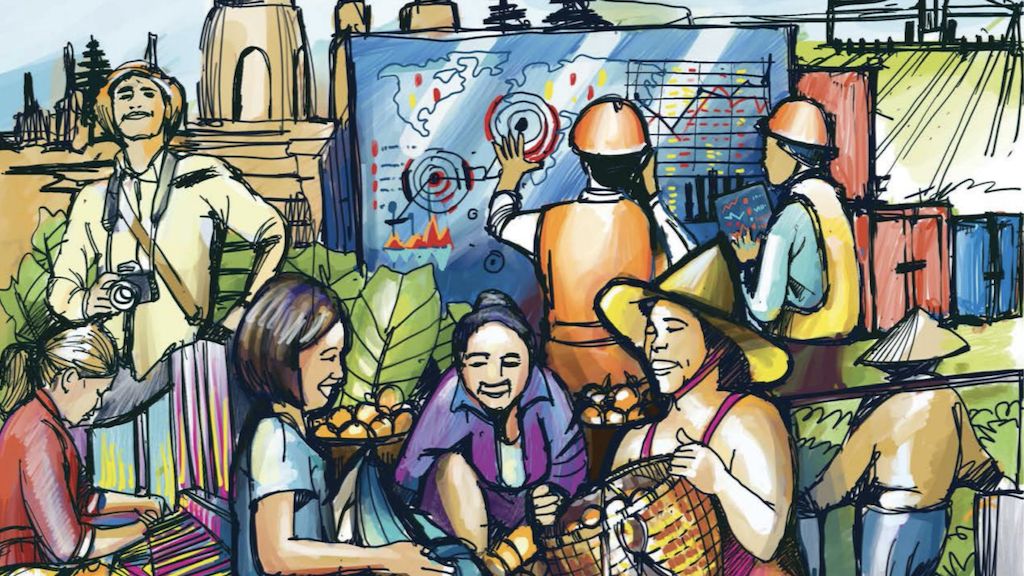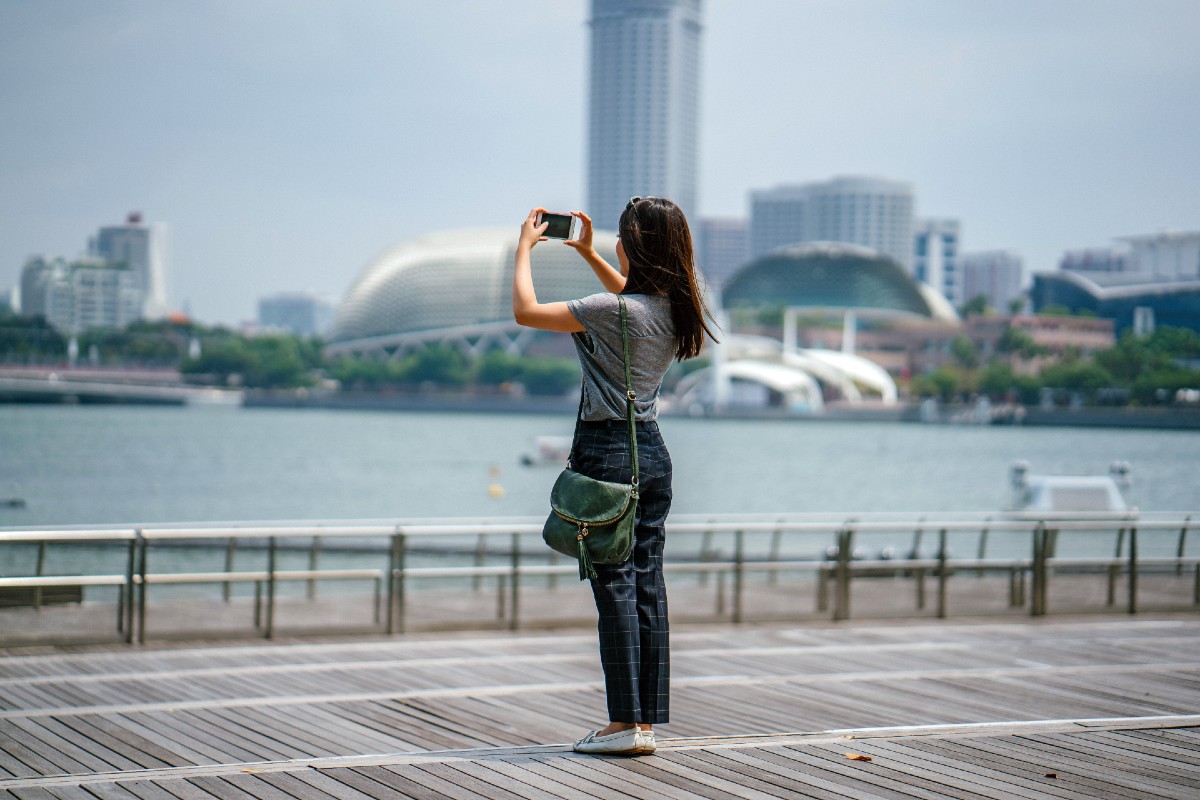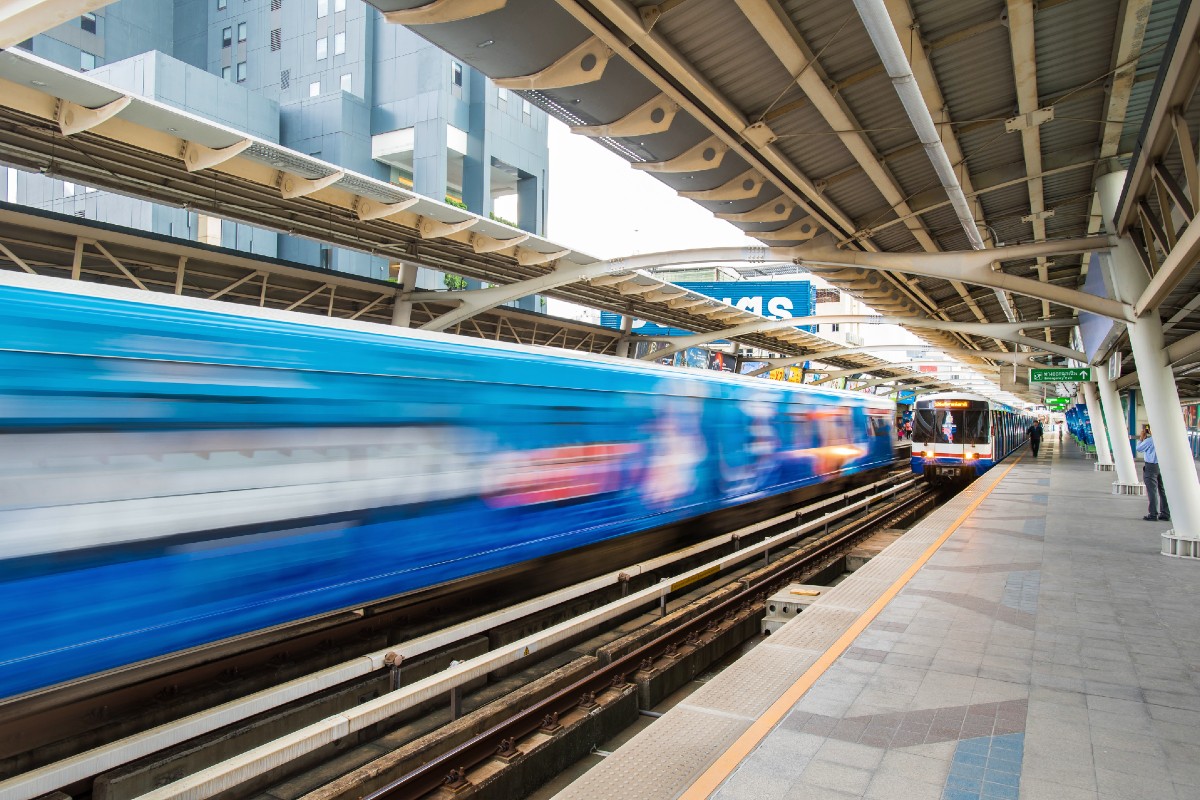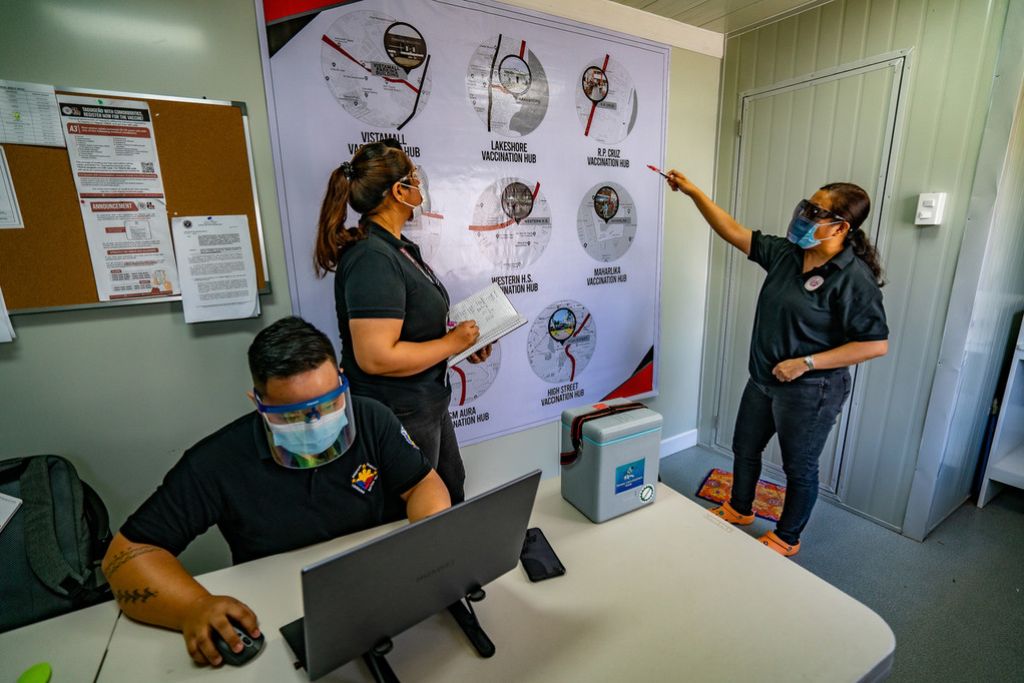GMS Subregional Transport Forum Continues to Support the Improvement of Road Safety in the Subregion
The recently-concluded Subregional Transport Forum (STF-25) of the GMS Program highlighted the importance of behavioral interventions and stakeholders’ involvement to the reduction of road crashes and fatalities in the subregion. STF has been providing assistance in improving road safety for GMS countries since 2011.


